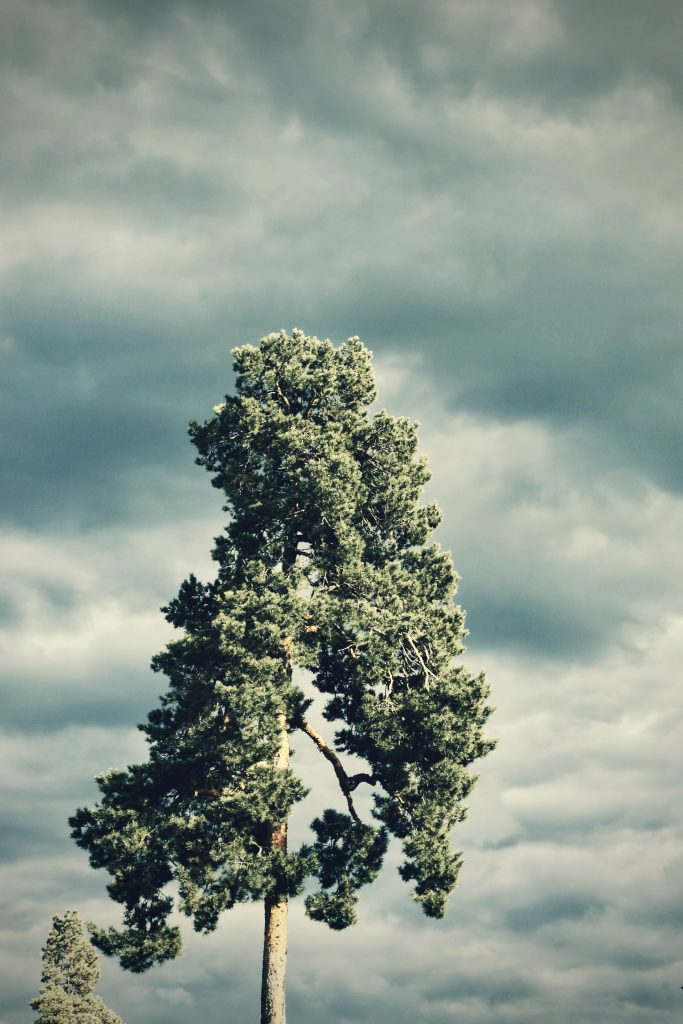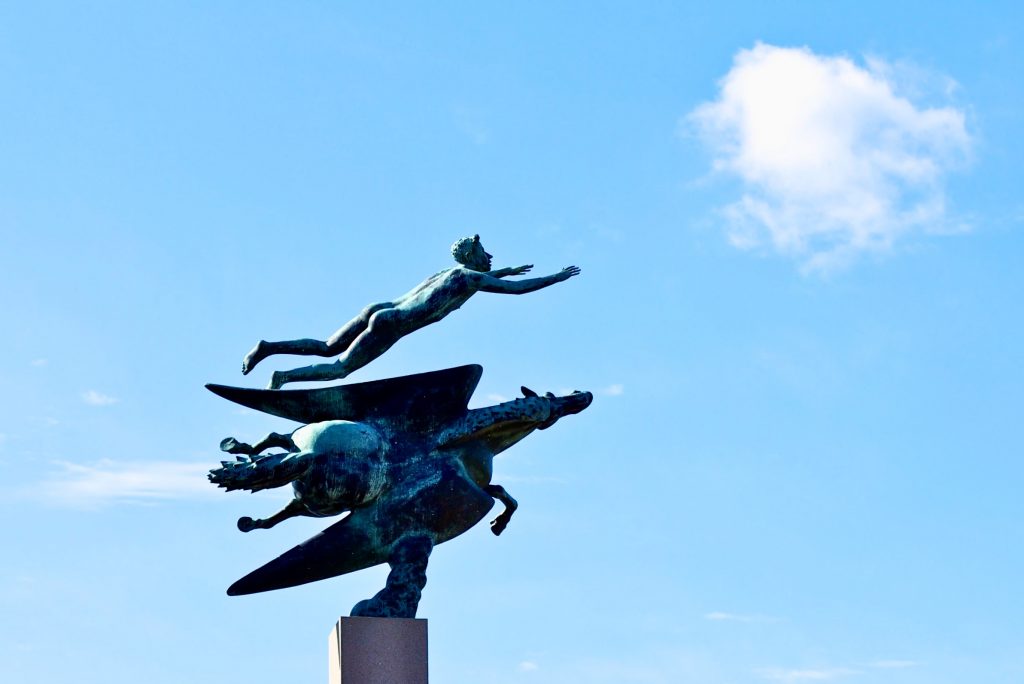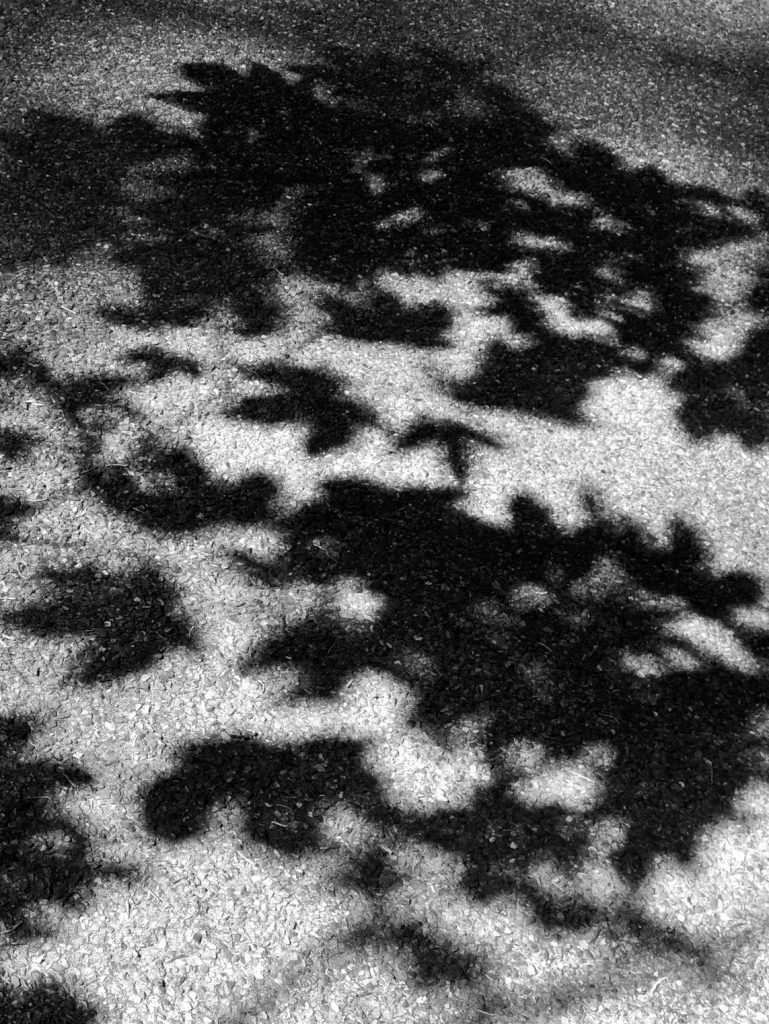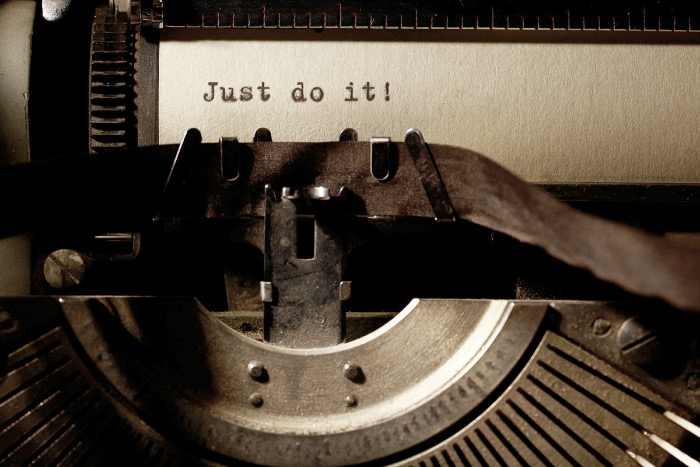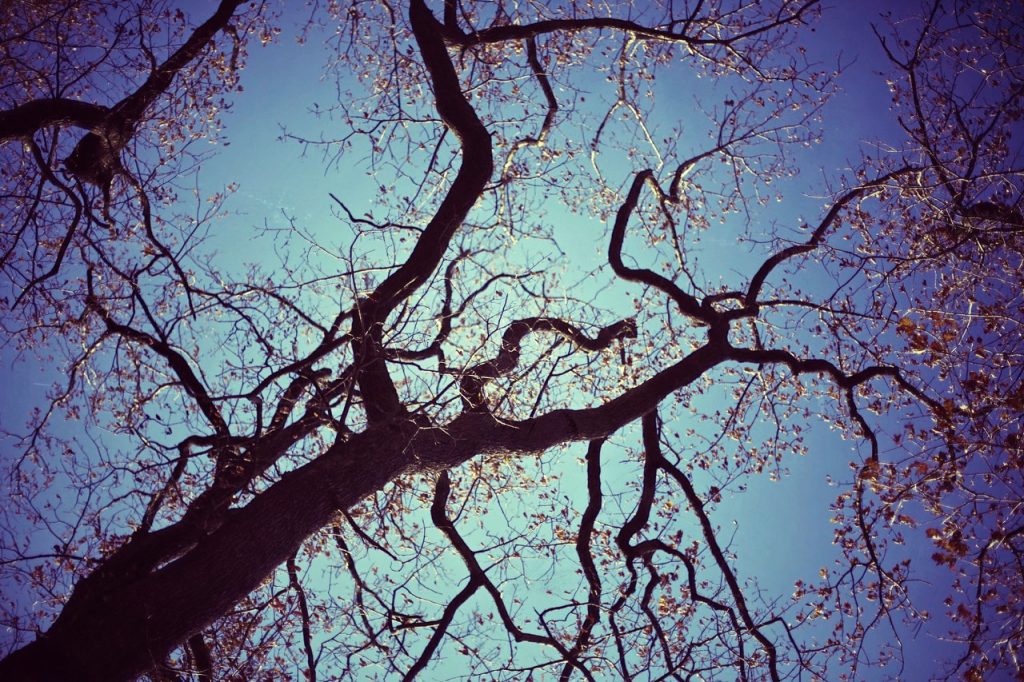
Time is a river that carries me away, but I am the river; it is a tiger that destroys me, but I am the tiger; it is a fire that consumes me, but I am the fire.
Jorge Luis Borges, A New Refutation of Time
I was nineteen when I discovered Borges, an age when the world is still new, and discoveries have a strong emotional effect. Reading Labyrinths for the first time is one of the motley experiences that shaped me into the person I am today.
The Refutation of Time (1946), an elegant essay on time, was later included in the Labyrinths volume from 1962. A mere quotation fails to convey Borges’ richness of thought, unexpected connections, and elegant prose.
If you haven’t read anything by Borges, I urge you to do so. I envy you the thrill of reading him for the first time.
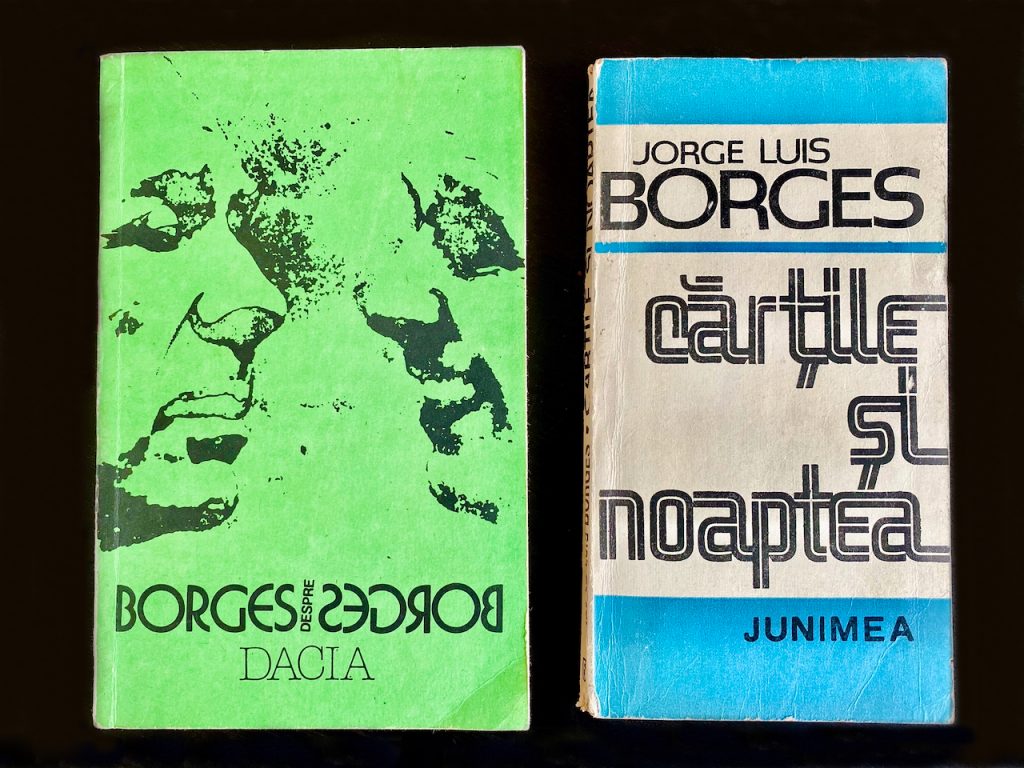
The first Borges books I bought back in the day from my meager student allowance. I still read them every few years, always remembering the joy I had experienced the first time. He imagined the universe as a library. Need I say more?
If you liked this post, share it on your preferred social network or forward it to a friend.
